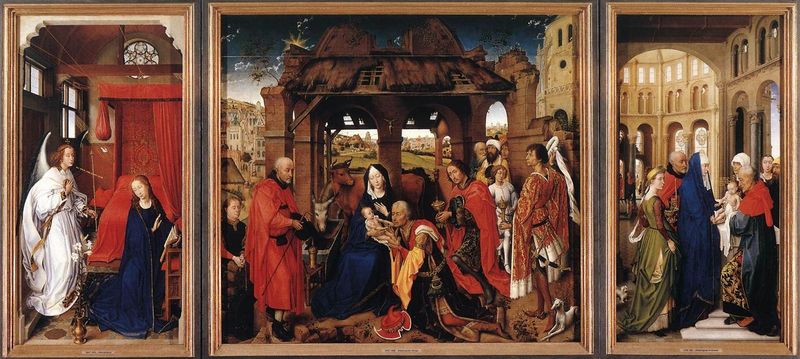Some went out on the sea in ships;
they were merchants on the mighty waters.
24 They saw the works of the Lord,
his wonderful deeds in the deep.
25 For he spoke and stirred up a tempest
that lifted high the waves.
26 They mounted up to the heavens and went down to the depths;
in their peril their courage melted away.
27 They reeled and staggered like drunkards;
they were at their wits’ end.
28 Then they cried out to the Lord in their trouble,
and he brought them out of their distress.
29 He stilled the storm to a whisper;
the waves of the sea[a] were hushed.
30 They were glad when it grew calm,
and he guided them to their desired haven.
31 Let them give thanks to the Lord for his unfailing love
and his wonderful deeds for mankind.
32 Let them exalt him in the assembly of the people
and praise him in the council of the elders.
Today I sat in the car and watched a troubled sea. My first trip out for a week after being quite unwell, another episode of bodily weakness possibly brought on by living beyond the limits of what is sensible for someone my age; equally it may well have been one of those random things that happens. Either way, I need to start acting my age, it seems, one of those days, maybe……
But through the murk and gloom of a sea roiled and rolling in a wind neither wavering nor weakening, and painted more than fifty shades of grey by rain thrown in messy freehand rather than spread evenly from some invisible palette, came a large container ship slowly making its way to the harbour entrance. It was like watching a documentary based on Psalm 107, the section about "merchants on the mighty waters." With the Psalms open on my knee, I read those words, 107. 23-32, and watched the skill and courage of a crew arriving at "their desired haven". Then I took the photos.
This is a Psalm for people who have tales to tell; who have been hungry and somehow food has appeared, who have been sick but somehow they got well again, whose lives have been closed in, and their bodies, hearts or minds imprisoned one way or another, but have recovered their freedom, who have sailed stormy waters and against the odds, or so it seems, made it to a safe place once more. And as I sat there watching this ship aim for the narrow harbour entrance and slip thankfully into the shelter of those bastion walls, I was aware I had just watched Psalm 107 enacted and performed for my benefit. Because reading the Psalm I had unwittingly said the prayer that I as much as anyone needed to say, "O Give thanks to the Lord, for he is good; for his steadfast love endures forever. Let the redeemed of the Lord say so…"
The Psalm has four case studies of when life seems to fail – hunger, sickness, loss of freedom, danger to our future – but these four examples are framed by the heart cry of gratitude for the steadfast love of the good God (v1-3) and a beautiful poem at the end about what such steadfast love looks like in lives no less complicated and unpredictable for any of us. And it finishes with the no nonsense advice to consider, to think seriously, to take into full account in any assessment of who you are and where your life is right now, to remember not to forget "the steadfast love of the Lord".
And sitting at the North Sea front at Aberdeen, in a howling gale, rain battering the windscreen, book of Psalms on my knee and reading aloud the words of this Psalm as the boat arrived at harbour, I was taught again to do precisely that, "to consider the steadfast love of the Lord who brings us to our desired haven… and raises up the needy". The Psalm writer isn't saying everyone will want to do this; but he is blunt enough to say "Let the redeemed of the Lord say so". If they don't, who will?
Gratitude is the emotion we seldom feel whenever life is taken for granted. In a culture where self-sufficiency is maturity, independence and self-determination a life goal, material prosperity considered the best security, and the selfie the ultimate personal statement, gratitude for the sheer gift of being alive, and gratitude for all the gifts we neither made nor deserve but which make our life possible at all – well gratitude is blindingly conspicuous by its being silenced beneath the din of lives lived selfward.
I an thankful for this Psalm; I am thankful for this ship and that it reached safe harbour. But I am also thankful for those experiences that remind me to be thankful, those times when life isn't going so well for me, or those I care most about. Because undergirding, underwriting, this life I live, is the steadfast love of the Lord whose goodness endures forever, and who will bring us, like that boat, to our desired haven.

